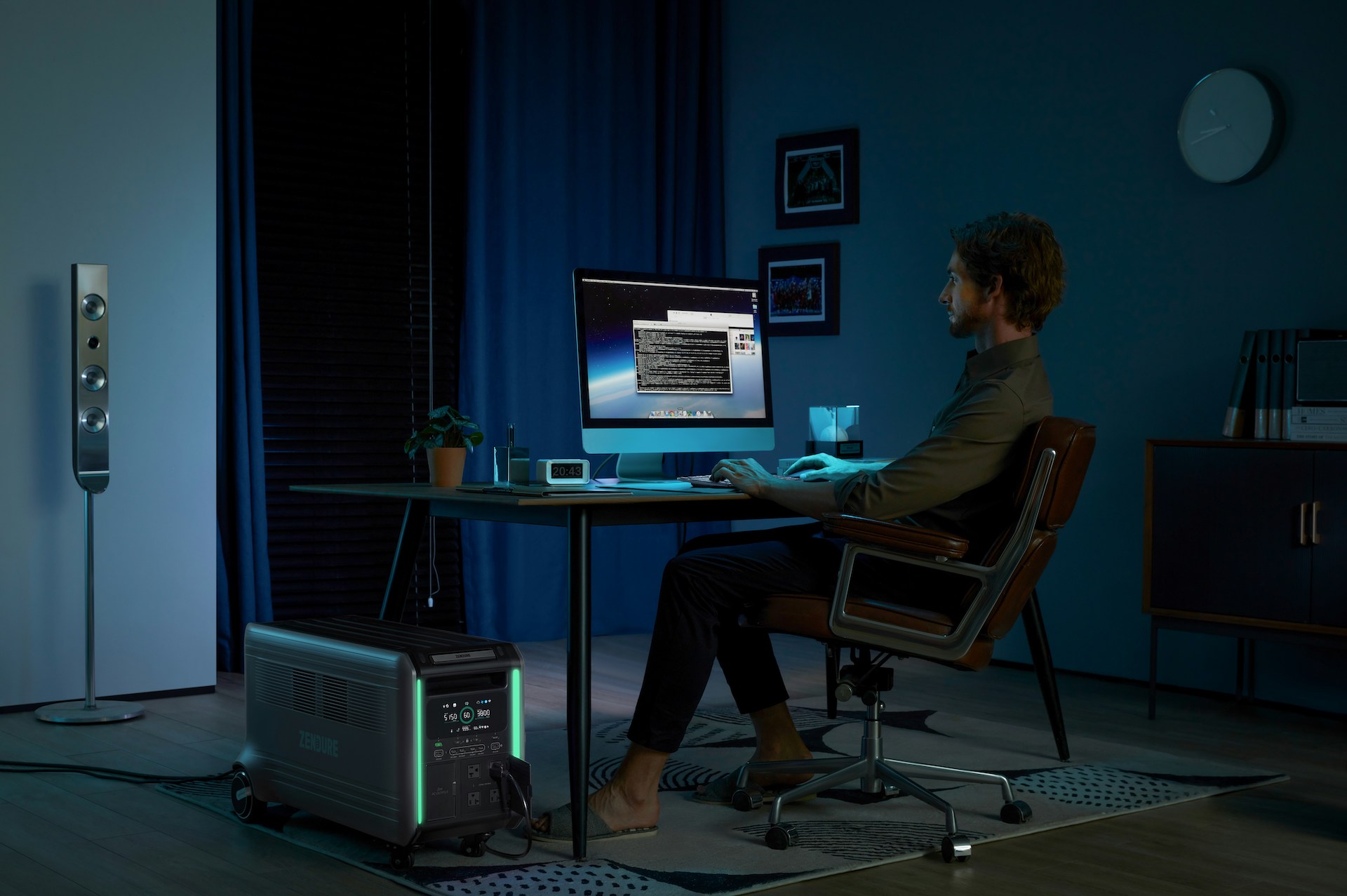Social Impact: Why Experience Designers Should Get Involved
As an experience designer, you are in a unique position where you are tasked with creating meaningful experiences (and change) for users. But what happens when those experiences can also make a positive impact on society? Can experience designers play a role in designing for social impact? The answer is a resounding yes.
There is little doubt that the experience design profession has the power to make a real and lasting impact on society. By understanding the needs of users and the larger social issues at play, designers can come up with viable solutions that not only meet those needs but also promote a more equitable and just society. Designers have the right mix of skills and expertise to create impactful solutions that can address some of the most pressing social issues of our lifetime, from poverty and inequality to environmental degradation.
To dig deeper, for example, designing for sustainability can help promote environmentally-friendly practices and mitigate the effects of climate change. And designing for community engagement and empowerment can help to build stronger, more resilient communities. By using design thinking and human-centred design methodologies, designers can create solutions that are tailored to the needs of specific communities and that can have a positive impact on society.

Experience Haus design days feature real-life social impact design challenges, where our alumni work through the design process in a day to rapidly create innovative solutions.
But designing for social impact is not without its challenges. Experience designers must be aware of the ethical implications of their designs and consider the potential consequences of their actions. They must also be willing to collaborate with key stakeholders, such as community leaders and social activists, to truly understand the needs of their users and the larger social issues at play. It’s easy to push forward in the design process with excitement, but it takes a firm step back sometimes in order to create a design that can impact.
So, what skills are required for experience designers to design successfully for social impact? First and foremost, empathy is key. By understanding the needs and perspectives of users, experience designers can design solutions that truly meet their needs. Critical thinking and problem-solving skills are essential for identifying and addressing larger social issues. However, designers cannot do it alone, effective social impact design requires collaboration and partnerships between designers, communities, and other stakeholders. This helps to ensure that solutions are grounded in reality and that they are tailored to the specific needs of the communities they are designed for. Relationship and network mapping is key here.
Students who recently started the latest cohort of our UX/UI Career Development Bootcamp have spent this week exploring how to design solutions that can improve the carbon footprint of individuals. And again it starts with empathy – by going out into the real-world and speaking to people across the city directly about their ways of travelling, working and living, they’ve been able to use design thinking to define the challenge that exists and understand how high carbon footprints are endangering our planet. These findings can often have a profound impact, and can provide the stimulus required to build a desire to work further on social impact projects.
So how else can experience designers expand on their skills and get involved in designing for social impact? One way is to seek out opportunities to volunteer or intern with organisations that focus on social impact. This can provide valuable hands-on experience and the chance to work with experts in the field.
Additionally, participating in design thinking workshops, design days (for example, we recently ran a design day here at Experience Haus for our alumni where we explored tacking the often fractured relationship between young people and the police), hackathons, attending conferences and workshops, or taking classes on social impact design, can help designers to expand on their skills.
You could even decide to start your own social impact venture and take your fledgling startup concept into a socially focussed incubator program for further mentorship, support and enablement.
I firmly believe that experience designers have the power to make a real difference in the world. You have the skills and expertise to create solutions that can address some of the most pressing social issues of our time, and by working in partnership with communities and key stakeholders, you can create solutions that are inclusive, equitable and that can have a real and lasting impact on society.
So let’s make this a call to action: Designers, you have a responsibility to use your skills and expertise to make a positive impact on society – use more of your talents, creativity and problem-solving skills to improve the lives of people and the planet.



